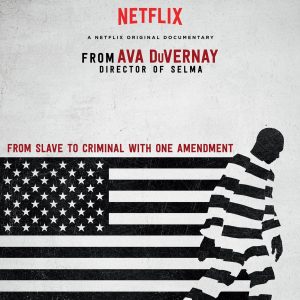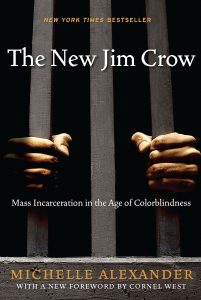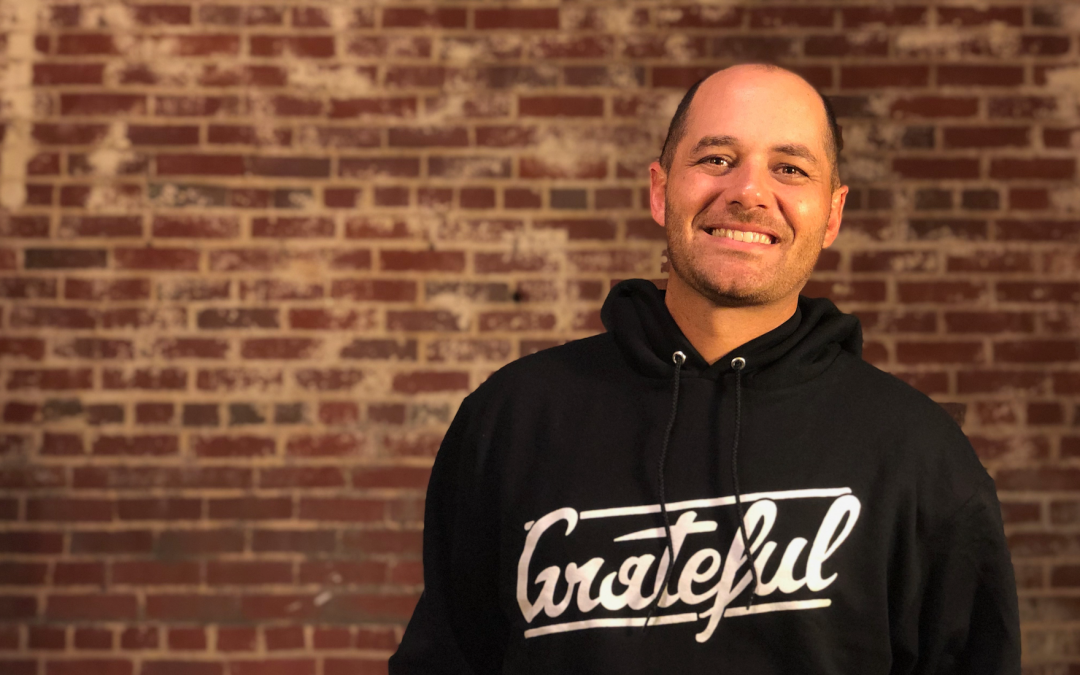I think we need to reconsider using the word reconciliation when talking about finding friendship across the dividing lines of race.
Don’t get me wrong, I’m all for the work that folks are doing that genuinely try to bring racial reconciliation to our culture. However, the more that I’ve explored these topics and found friendship across racial lines, the more I am thinking that we may not have a reference point to which we can return that was healthy, unified, and expressing the oneness that God has always intended for us.
At which point in American history would we return that was equitable and just toward people of color?
Our country was founded by initially acquiring land by manipulation and aggression toward Native Americans. We have a well-documented history of the atrocity of slavery that set the national bias toward black people in our nation. Families that immigrated from Central and South America have been viewed as different or less than the predominantly-white middle and upper class for generations. The list can go on and on regarding a white-dominated culture insisting that people of color assimilate to the dominant culture.
Reconciliation can be defined as the restoration of friendly relationships or the action of making one view or belief compatible with another.
Think of these definitions through lens of a person of color in our country. If we are a country built upon the principles of a predominantly white culture, how do you think it sounds to a person of color when we talk about reconciliation? Exactly what are we returning to that makes sense to return to that would bring healing?
I think we need to consider exploring conversations that bring racial conciliation.
Conciliation can be defined as overcoming distrust, gaining goodwill, or making compatible.
This can be accomplished by folks that have grown up in the dominant culture taking the time to humbly listen, learn, and grow in our understanding of what it’s like to be a person of color in our country. We need to ask better questions instead of giving quick answers to societal problems that – if we’re really honest – we probably don’t understand in the first place.
Here’s four questions that may get the conversation started from a better reference point:
- Why are our people of color imprisoned 4x more than white people in America?
- Why are prison sentences longer for similar crimes for people of color than white people?
- How did the “war on drugs” target predominantly black and high-poverty communities?
- Did you know there are 4x the amount of people of color in our prisons that were ever in slavery?
There are so many questions that we can ask like this that would heighten our awareness and bring understanding between friends. However, if we’re not willing to ask questions, we will never truly be ready to understand our neighbors.
If you’re interested in those four questions above, a good start is to log on to Netflix and search for the documentary called 13th (click to view). This brilliant documentary exposes the way the prison system has been skewed to be full of people of color and how the 13th amendment – which was supposed to abolish slavery – introduced a new system that became a more subtle version of slavery.

If you remain curious, I pray that you’ll also embrace a courageous spirit to continue exploring. A great way to do that is to explore Michelle Alexander’s incredible book called The New Jim Crow (click to order). I could only read subtitle-to-subtitle before having to stop and repent of simply not knowing. Honestly, I had to repent of not caring, as well. I always just assumed that people who ended up in jail somehow deserved to end up there.

I couldn’t have been more wrong. Additionally, I did not understand how we arrived at a point in our culture where white folks are moving along as if nothing is wrong while people of color have to think about these imbalances regularly.
If we are going to return to something, let’s go all the way back to the story of Jesus. He showed us how to open up our arms, invite everyone to the table, and enjoy a diverse community of friendship and oneness.
To my white friends: I want to humbly listen, learn, and grow. I invite you to do the same. Let’s start by doing some of the work of learning on our own and stop moving along as if nothing is wrong. Let’s care about our neighbors enough to look past our own perspective.
When we learn the true stories of our history, we can engage in conciliatory conversations that bring healing that has never been realized in American culture.


